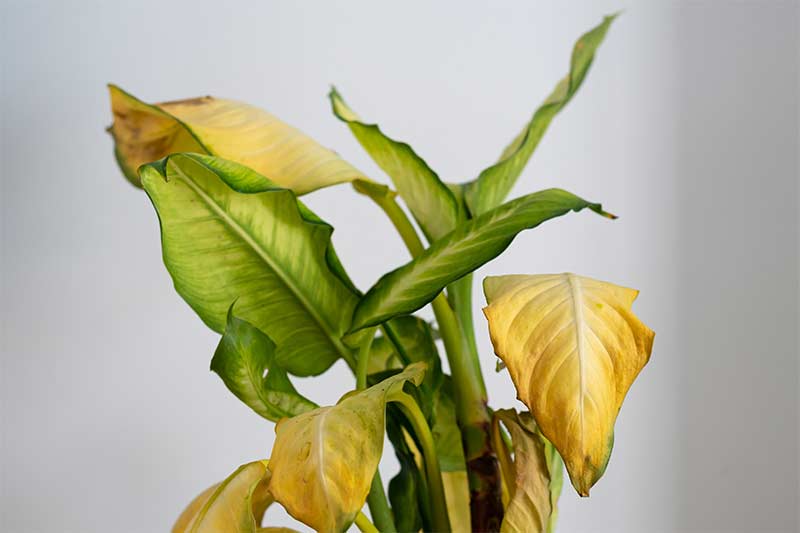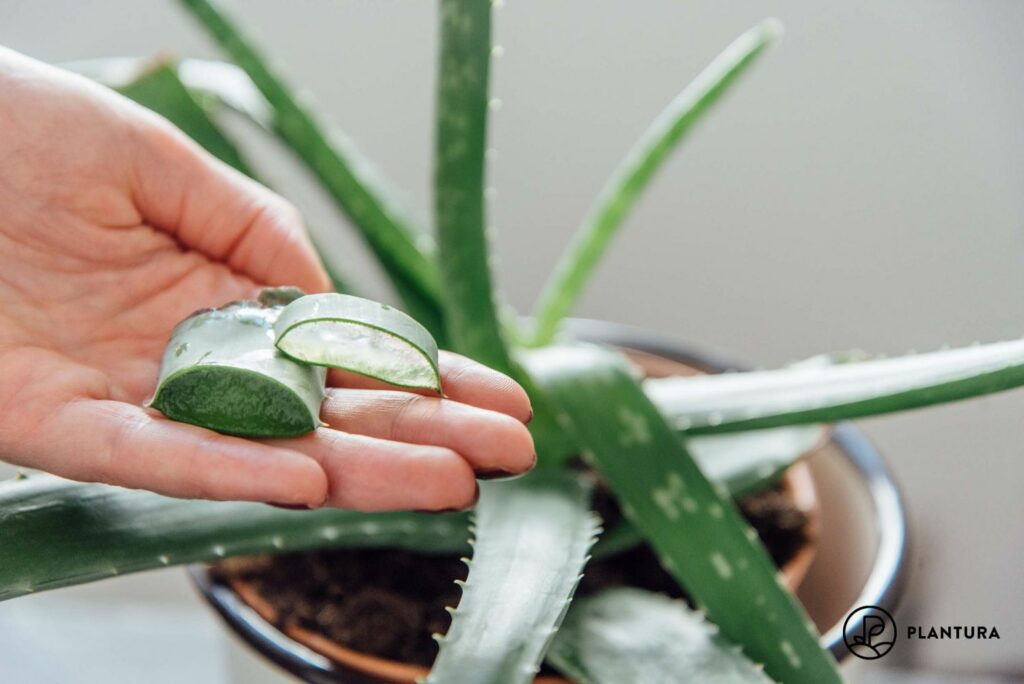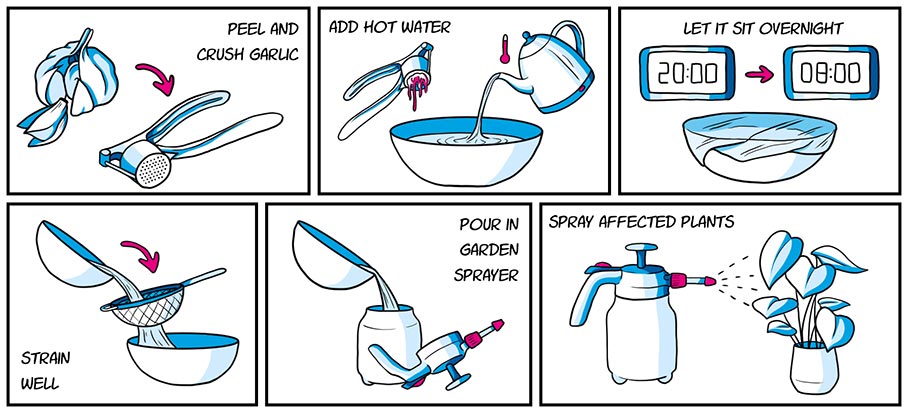How to deal with yellowing leaves naturally?
Seeing yellow leaves on your plants can be concerning, but don’t worry, there are natural remedies that can help address this issue. Yellowing leaves can be a sign of nutrient deficiencies, pests, diseases, or environmental stress. By understanding the causes and using natural solutions, you can help your plants recover and thrive. Here are some tips to deal with yellowing leaves naturally:
1. Identify the cause
- Check for pests and diseases: Inspect your plants for any signs of pests like spider mites, aphids, or fungal infections. Treat the affected plants with natural remedies like neem oil or insecticidal soap.
- Check the watering: Overwatering or underwatering can cause yellowing leaves. Make sure the soil is moist but not waterlogged, and adjust your watering schedule accordingly.
- Check the light exposure: Insufficient or excessive sunlight can cause yellow leaves. Move your plants to a location with the right amount of light for their specific needs.
2. Use natural fertilizers
Yellowing leaves can be a sign of nutrient deficiencies like nitrogen, iron, or magnesium. Use organic fertilizers like compost, fish emulsion, or seaweed extract to provide your plants with the necessary nutrients. Avoid synthetic fertilizers that can harm beneficial soil organisms.
3. Improve soil health
Healthy soil is essential for plant growth and development. Add organic matter like compost or aged manure to improve soil structure and fertility. Mulch around your plants to retain moisture, suppress weeds, and add nutrients to the soil as it breaks down.
4. Prune and trim
Trimming off yellowing or dead leaves can improve air circulation and light penetration, promoting new growth. Prune overgrown or damaged branches to encourage healthy growth and prevent further stress on the plant.
5. Provide proper care
- Monitor humidity levels: Some plants require higher humidity levels to thrive. Use a humidifier or place a tray of water near your plants to increase humidity.
- Avoid temperature extremes: Sudden temperature changes can stress plants and lead to yellowing leaves. Keep your plants away from drafts, heaters, or air conditioners.
- Regularly inspect your plants: Check your plants for any signs of distress or change in appearance. Early detection can help prevent problems from worsening.
By following these natural methods, you can help your plants overcome yellowing leaves and promote overall health and vitality. Remember that plants may take some time to recover, so be patient and provide consistent care. With proper attention and care, your plants will soon be back to their vibrant and green state.


